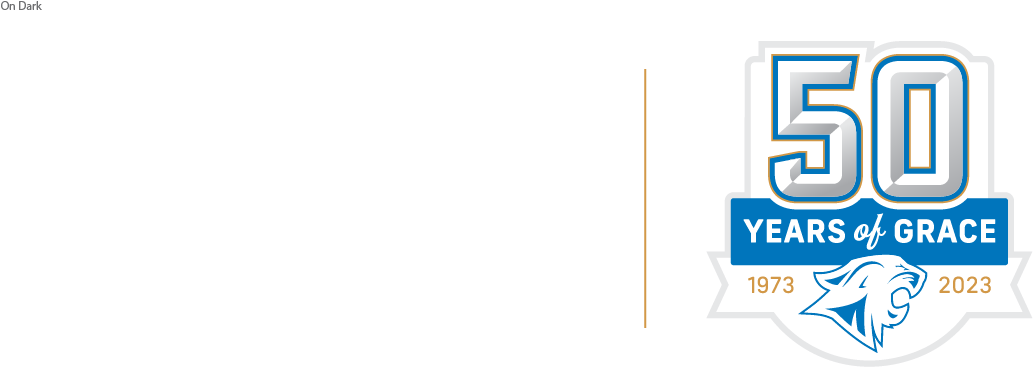Jay Blogs – Navigating Success and Pain
Description for this block. Use this space for describing your block. Any text will do. Description for this block. You can use this space for describing your block.

In Homer’s The Odyssey, Odysseus has to navigate twin threats as he guides his ship through the Strait of Messina. Scylla, mythologized as a sea monster, was a rocky shoal on one side of the strait. Charybdis, a whirlpool, was located on the other. To avoid one required sailing perilously close to the other. The challenge was to pilot a safe passage between these threats.
For modern-day parents, one of the most difficult challenges we have in shepherding our kids is helping them navigate the Scylla and Charybdis of success and pain. Although one may, on its face, seem preferable to the other, both require careful treading. One seems attractive, and can be treacherous, while the other appears repugnant, yet both can lead to deeper harms and deeper graces than we have ever known.
If you’re reading this blog, you probably live in the top 1-5 percent of this culture, whether you feel like it or not. You have a high income, relative to the rest of society. You have achieved a level of financial and professional success. You achieved this success through hard work, to be sure, yet also through opportunities not of your own making. The homes and parents into which you were born, the expectations for success, hard work, education, and achievement placed upon you by your family and community, the doors open to you by this same segment of society in which you lived, are all opportunities not available to others.
Our expectations and notions of success tend to be generational and driven by the narratives of our communities of origin, and those in which we live. The narratives of most of the communities in which we were raised called for hard work leading to the reward of success. This is a creational good, and a generally-good and helpful thing to pass down to our children- the idea of hard work being its own reward. What we know from our own experience, however, is that these ideas, if not filtered through the lens of the gospel, also have a toxic side. The first potential problem lies in the definition of success, when we fail to define it for our kids. In our consumer-and-fame-driven culture, it is most often defined as having lots of money or lots of notoriety, such that being rich and/or being famous is seen as an end in itself.
Needless to say, these are dangerous narratives to leave unexamined in our kids’ minds. They can become idols in and of themselves, causing our kids to seek their identity, strength, and security in them. Finding our security in achievement or notoriety or possessions was never intended to fulfill that function; only God is designed to bear the weight of our identity. When we trust in those things, and they fail us (and we know they will), our worlds will come crashing down. This is a fate we’d love to spare our children.
Solomon understood this. He had everything, more than any of us could imagine, and recognized that it was all worthless in achieving any richness of his soul. He concluded, “Go, eat your bread with joy, and drink your wine with a merry heart, for God has already approved what you do. Let your garments be always white. Let not oil be lacking on your head. Enjoy life with the wife whom you love, all the days of your vain life that he has given you under the sun, because that is your portion in life and in your toil at which you toil under the sun.” (Ecc. 9). What a gift if our kids could realize early in life that success means enjoying the simple things God gives: good work, a good meal, good relationships with others, and keeping ourselves holy!
The only way our kids will recognize this deep truth is if we teach it and model it. What are we teaching them about their work? To enjoy work in school and at home as doing our best as unto the Lord and taking satisfaction in that, or in how we perform in competition with others? Is our goal for them to be their best, or to be the best? Do we live lives of peaceful contentment with what we have, expressing gratefulness to the Lord, or do our kids always see us striving for more, wanting that next, best thing, and never being content until we have it? What we define as success, and how we treat the quest for it, will do a lifetime of good, or it can do spiritual harm to our children.
Modeling these things is really hard to do, especially for those of us who are driven and highly-motivated people. As I reflect now on raising my own kids, I tried to give them a model of finding contentment in one’s work, to be satisfied simply in a job well done. Yet, I know I was ambitious for our school and its ministry to grow, and for us to continue to serve students and families in greater ways. I believe most of that was God-given, but I know enough now to know that all of us act with mixed motives, and I’m sure some of that ambition was my own. I repent of that portion of my pride that has been (and still is) driven by pride, and I fall upon the Lord’s grace to not let any warped sense of success that I’ve modeled for my children be reflected and carried forward in their own lives.
The other peril to navigate our children through is the problem of pain. We all have pain, things we struggle or wrestle with. For me, it may be the pain of childhood, the pain of leadership, or the pain of bearing the burdens of others in healthy (and sometimes, unhealthy) ways as a pastor. For others, it may be a lost loved one, a chronic illness, employment woes, or a struggling relationship. On a global scale, people are driven from their homes and persecuted for their faith, and slaughtered.
The question is: what do we do with our pain, and how do we teach our children about how to work with their own pain in redemptive ways? Henri Nouwen has said that if we own our pain, meaning, integrate it into our way of being in the world and sharing our struggles not as a burden but as a service to others, our openness can offer help and encouragement, and be a gift. If we don’t own our pain, and instead buck against it or deny it or self-medicate to numb it, then others become burdened by it. We then place upon others an expectation to bear the weight of our pain, and expectation they cannot and were not created to bear. This leaves us frustrated and disillusioned, and leaves them confused, disappointed, and unfairly burdened.
Of course, we “own” our pain not by stuffing it, by internalizing it, or just toughing it out, “white knuckling” our way through life. We own it by bringing it to the cross of Jesus, to remember His suffering, and to let our pain be crucified with His all over again. Not only because through His suffering we have been washed clean, and our sin atoned for, but because in His suffering we also find His pain aligned with ours, joining Him in the grave, putting to death those things which tie us to the world. We also then join Him the resurrection, and the promise of freedom from pain. We find ourselves living in the now of Calvary, and the not yet of the hope of New Jerusalem- a day of victory, no more suffering, of restoration to perfection and rejoicing.
There’s a bittersweetness for now in suffering as we fully own it, driving us to the cross and to deeper intimacy with Jesus, and actually making us useful and worthwhile to those around us–Wounded Healers–a blessing.
I have a new hero named Rylee, a junior at my school. She blew out her ACL playing soccer. She was depressed and despondent, believing that this injury would ruin her chances of playing at the next level. She was frustrated with the Lord, and yet allowed her brokenness to press into Him, opening her ears to listen to what He was telling her. He showed her miracles, and the ways He was working in her life, and He used her to minister to other friends who were similarly injured. Her life has become richer through her pain, a richness and maturity that’s highly unusual for a 17-year-old. She’s my student, but I’m learning from her.
Our natural instinct as parents is not to help our children own their pain, but to avoid it at all costs. Our protective instinct is to guard them from pain, and promote their success. And yet, parenting by the power of the Holy Spirit requires not seeing through the lens of the world around us, but through His eyes. This means defining success in ways that are eternally meaningful; it also means not avoiding pain, but teaching kids to press into Jesus through it, to own it and let it form and shape them into all God has in store for them to be His blessing to the world around them. It also means modeling this alignment with Christ through how we handle success and pain in our own lives. If we can trust Jesus to bring forth fruit as we press into Him, inviting our children (in age-appropriate ways) into watching us own our success and pain and using it to bless others can be perhaps our most powerful witness as parents.
Jay Ferguson, Ph.D., Head of School at Grace Community School, writes regularly on his blog, JaysBlog.org.
